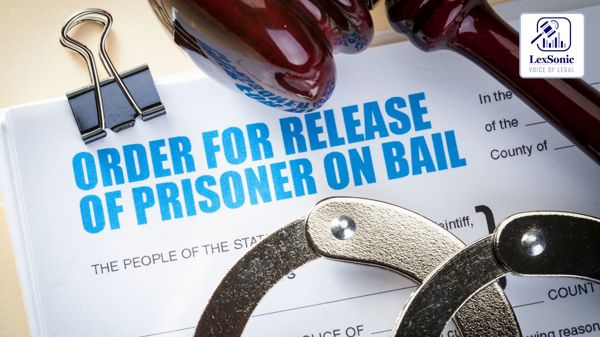Tempo Driver Granted Bail in Delhi NDPS Case Amid Conscious Possession Debate.
25 April 2025
Bail and Antcipatory Bail >> Criminal Law | Criminal Trial >> Criminal Law
The prosecution's case stemmed from information received by the Crime Branch, Delhi, regarding the alleged smuggling of opium doda. Acting on this intelligence, a raiding party intercepted two tempos near the Old Delhi Railway Station. Chand was identified as the driver of one of the tempos, from which two sacks containing a significant amount of the suspected narcotic substance were recovered.

While opposing the bail plea, the State argued that the sheer quantity of the recovered contraband, 80.25 kg from the tempo driven by Chand, indicated his knowledge and conscious possession of the illegal substance. The prosecution emphasized that this quantity fell under the category of 'commercial quantity' as defined under the NDPS Act, which typically imposes stringent bail conditions.
However, the counsel for the petitioner argued that the prosecution had failed to present any evidence demonstrating that Chand had any knowledge of the consignment containing the contraband. It was highlighted that Chand was merely the driver of the tempo and was neither the consignor nor the consignee of the parcel, which had arrived via the Indian Railways parcel service. The loading of the consignment into the tempos was also reportedly carried out by railway workers. The defense contended that given the security checks involved in railway parcel services, there was no reason for Chand to suspect the presence of any illegal substance.
The court found merit in the petitioner's argument regarding the lack of evidence for conscious possession at this juncture. It distinguished the mere act of driving the vehicle from the knowledge of the contents it carried.
The court also drew parallels with recent judgments passed by coordinate benches in similar cases. It cited the case of Najir Hussain vs State Through SHO Special Cell and Naeem Ahmed Alias Naim Ahmad vs. Govt. of NCT of Delhi, where bail was granted to accused persons even with the recovery of commercial quantities of contraband, considering the period of custody, lack of criminal antecedents, and the likelihood of a lengthy trial. In the Naeem Ahmed case, the Supreme Court had specifically noted that whether the accused was in conscious possession of the contraband was a "seriously debatable question of fact" to be determined by the trial court.
The court explicitly clarified that the observations made in the order were solely for the consideration of the bail application and should not be interpreted as an expression on the merits of the case. The trial court will ultimately determine the issue of conscious possession based on the evidence presented during the trial.
Narcotic Drugs and Psychotropic Substances Act, 1985
